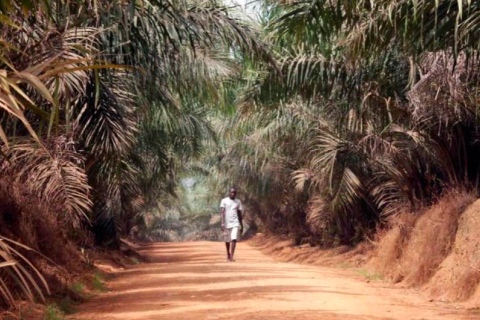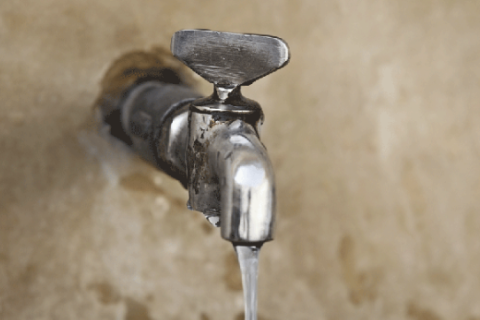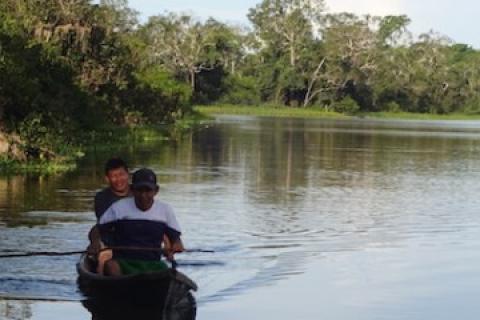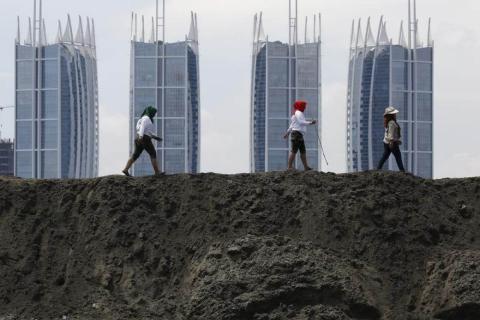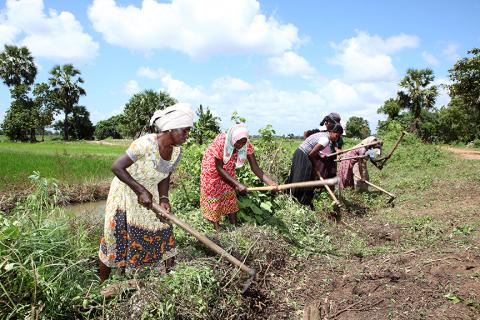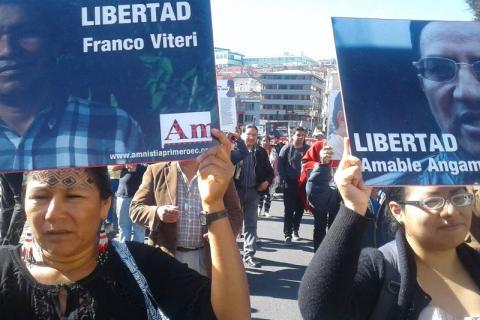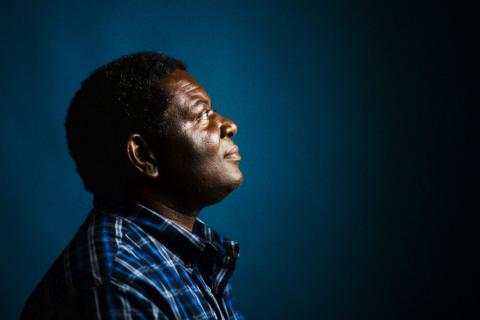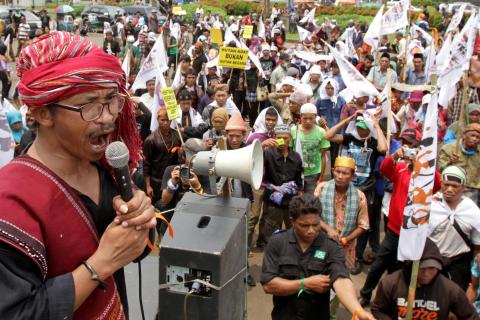The struggle for land security in Liberia is just beginning
This year's Goldman Environmental Prize winner says the battle for land rights in Liberia is just getting underway. Alfred Brownell is the recipient of the 2019 Goldman Environmental Prize and founder of Green Advocates an NGO and academic at Northeastern University School of Law

